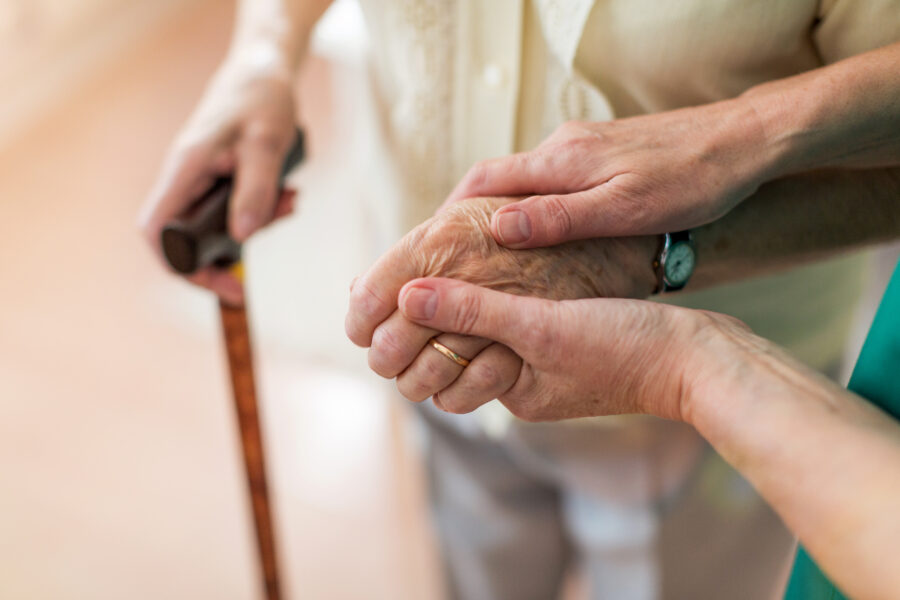

Blog post
The impact of clear eyesight on the quality of life in care homes
We know that better sight can enhance a person’s quality of life and a regular sight test is the starting place to help make this a reality.
We also know that at least half of all sight loss is avoidable, so there’s a real need to help people live more prosperous lives.
For most of us, a quick visit to the local optician is all it takes. However, it’s not as simple to visit the high street for those who require extra care.
That’s why our OutsideClinic opticians provide mobile services, conducting eye tests at the patients' care homes, ensuring access to quality eye care for everyone, regardless of their circumstances.

How does better eyesight improve quality of life for care home residents?
- Increased independence: Better eyesight allows care home residents to engage in daily activities more independently. This could include reading, personal hygiene, eating, moving around the facility, etc.
- Improved social interaction: Good eyesight can enhance social interactions by making it easier for residents to recognize faces and expressions. This can include recognizing staff, other residents, and visitors, which can lead to more meaningful conversations and connections. It also allows them to watch and participate in group activities more effectively, which can help to create a sense of community.
- Improved communication skills: Beyond the social interaction, clear vision also directly influences a resident's ability to communicate. This extends to reading written forms of communication like letters, emails, or subtitles on television. It could also enable them to interpret non-verbal cues like body language, which can provide additional context in conversations. Clear vision might help them use technology better, enabling them to video call their loved ones or use apps designed for older people.
- Enhanced safety: Good vision can significantly reduce the risk of accidents such as trips and falls, which are a common risk for the elderly in care homes.
- Better engagement in recreational activities: Care homes often provide various recreational activities, like games, movies, and craft sessions. Better eyesight can enhance the enjoyment and participation in these activities, contributing to a more stimulating and enjoyable life.
How can we help your residents?
Our opticians see people with varying cognitive abilities and conditions every day. All of our opticians receive specialist training which equips them to offer supportive and effective care even to those who may struggle with communication. Our methods are designed to minimize discomfort and intrusion as much as possible.
We are committed to collaborating with care homes, providing comprehensive eye care support that ranges from conducting sight tests to assisting with care planning and facilitating adaptations.











